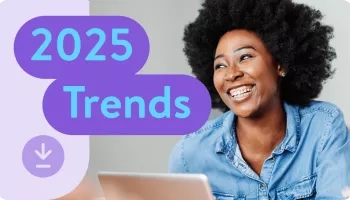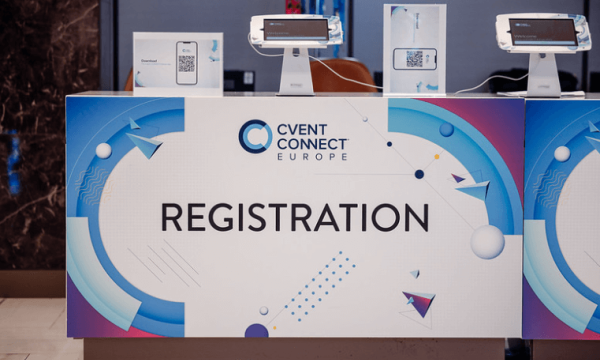
It's a New Year, and if you're like me, you're already regretting that resolution you made in the wee hours of January 1. You know the one I'm talking about. For me, it's to run that marathon I've been talking about for years - and to stop finding new uses for gravy.
So allow me to suggest a New Year's resolution that is both painless and will make you a better event planner. This year, resolve to become a social media master.
Social event marketing can be a fun and effective way to get the largest and most relevant audience for your event - at little-to-no cost. It's also a great way to build a buzz around your event and get your registrants engaged and talking before, during and after the event. But a social event marketing strategy requires more than simply posting your event to Facebook, Twitter and LinkedIn. Here are a few tips to help you develop a winning strategy:
Know your media. And your audience.
Depending on the platform (Facebook, Twitter, LinkedIn – or relative newcomers like Instagram, Snapchat, Pinterest, Periscope, etc.) you’ll want to adjust your social media strategy. You may also consider narrowing the list of platforms you use to those where your audience is most active.
It’s pretty much a given that you’ll want to promote your event on Facebook. It’s where all of your friends (and increasingly, your professional contacts) can connect with you. Although it may not be the newest, most hip or cutting-edge of the social media platforms (Everyone’s grandmother’s on it, after all) Facebook still reaches a tremendously broad audience, and it’s great for keeping followers up to date on news and special updates. Plus, the FB team continues to release solid engagement tools – like Facebook Live, their video streaming app.
As the last few years have shown, in the right hands Twitter is an extremely powerful engagement tool. Savvy users can create a real sense of intimacy with an enormous group of followers by maintaining real-time conversations. For an event planner, Twitter is good for monitoring the pulse of your audience, and it’s arguably the best customer service and onsite engagement tool.
One of the best platforms for showing thought leadership – not only can you have a company page, but your team members all have their own profiles, as well. Good for building and deepening relationships, and providing advocacy through recommendations and endorsements. Great for building a network. And with its recent acquisition of SlideShare, LinkedIn is a fantastic place to follow up on your events by distributing educational session slides with your audience.
Early on, the Pinterest community was overwhelmingly female, but that has been changing steadily as more and more men are turning to the app. From decor to food & beverage, Pinterest is a great tool for visually planning your event. Pinterest also enjoys strong loyalty and advocacy among its followers.
Snapchat
Believe it or not, Snapchat is over five years old - which is nearly ancient in social media terms. However it's use as a marketing social channel is still evolving. Snapchat users skew younger than the other social platforms on this list, which makes it a must-use channel for an event planner looking to reach that illusive millennial audience. Plus, it's a ton of fun to use!
Social event marketing is all about the conversation
Social media engagement is a two-way street. To be successful, you must nurture an interaction that brings value to your audience. Post topics for your audience to discuss, create contests with prizes and incentives, and encourage as much participation and sharing as possible. Not only will you spread the word about your event, but you’ll build the general excitement as well, and start the audience engagement early.
Be smart about #hashtags
It is a good idea to create a designated #hashtag for your event. This allows you and your audience to easily locate and add to the conversation surrounding your event. However, coming up with the perfect #hashtag can be tricky.Try to keep your tag short and as specific to your event as possible. You should also run a quick Google search on your tag – to make sure it’s unique. And don’t be afraid to use multiple #hashtags in a single post. Just make sure to limit it to no more than three.
It is important to promote this hashtag before, during and after the event and encourage people to use it. You can add it to your event page, marketing materials, blog content and other social channels and track its use throughout the event cycle.




